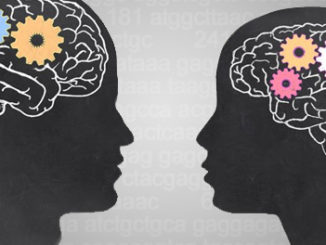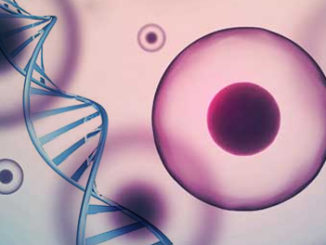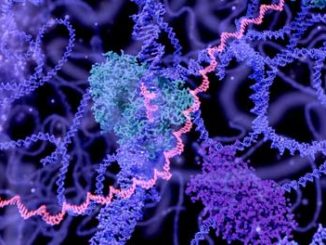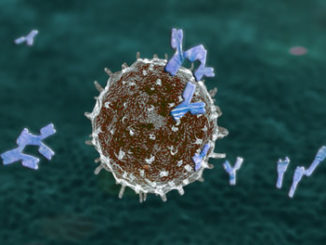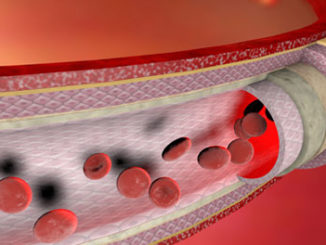Does DNA Methyltransferase Control the Brain’s ‘Gender’?
Did you know that most animals’ brains develop to be either female or male? Certain portions are different sizes and the amount of neurons and synaptic connections vary. These structural differences likely explain why women and men generally differ in terms of language abilities, navigational skills, and response to emotional situations. While the sexualization of the brain happens prenatally, scientists are still wondering how exactly this differentiation happens. A study conducted by a research team at UM SOM, the University [more…]


